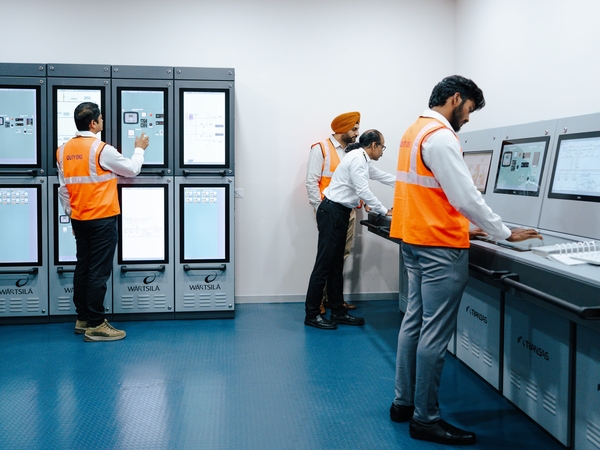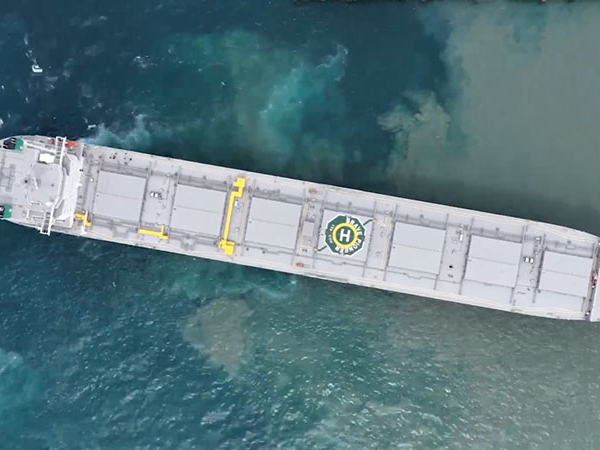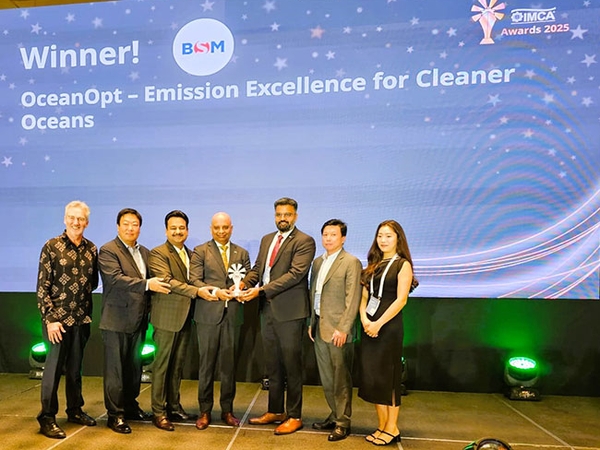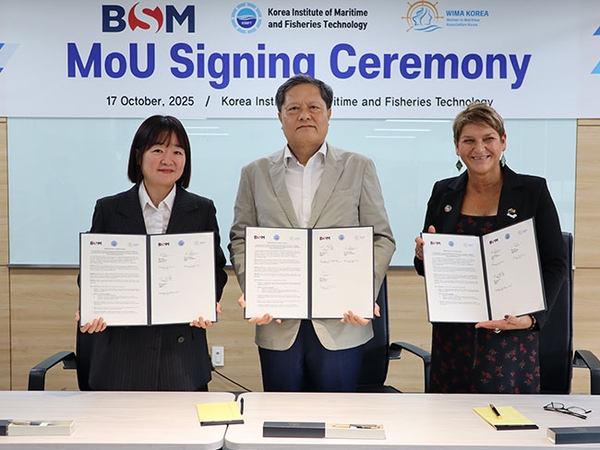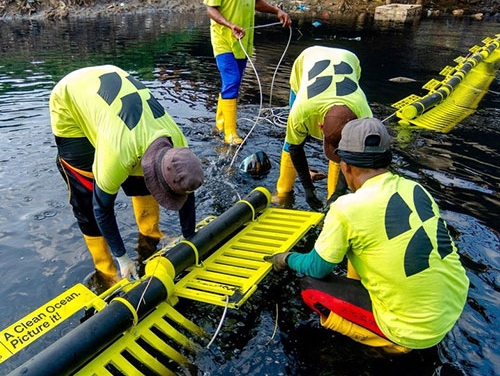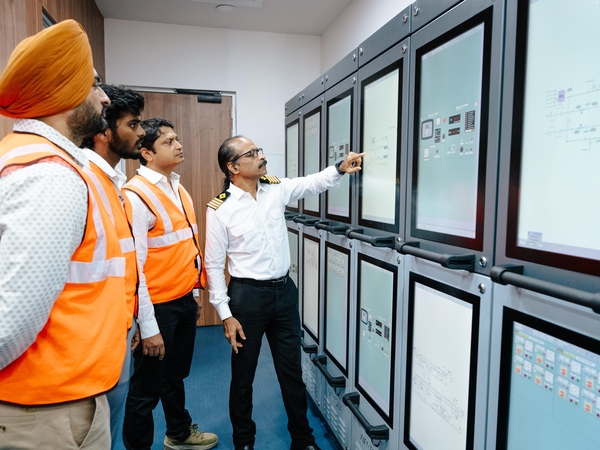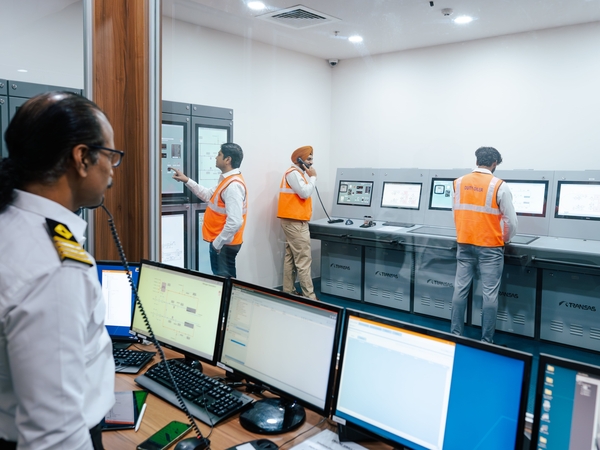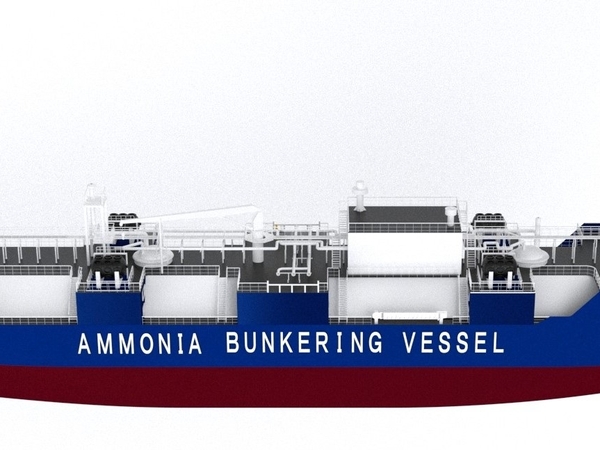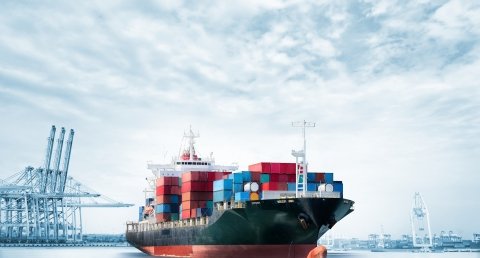
Bernhard Schulte Shipmanagement (BSM) has officially added its name as a signatory on the Global Maritime Forum’s ‘Call to Action for Shipping Decarbonization’.
Signatories on the Call to Action urge world leaders to align shipping with the Paris Agreement temperature goal of limiting global warming to well below 2°C and pursuing efforts to limit it to 1.5°C. The private sector is already taking important steps to decarbonise global supply chains. Now governments must deliver the policies that will supercharge the transition and make zero emission shipping the default choice by 2030.
Ships transport around 80% of global trade and account for about 3% of global greenhouse gas (GHG) emissions. In 2018, the UN’s International Maritime Organization (IMO) adopted an initial GHG strategy. It aims to reduce international shipping’s total annual GHG emissions by at least 50% of 2008 levels by 2050. The strategy is set to be revised in 2023.
By signing the Call to Action, more than 190 industry leaders and organisations representing the entire maritime value chain have sent a clear message that the full decarbonisation of international shipping is urgent and achievable.
Signatories of the Call to Action for Shipping Decarbonization call on world leaders to:
- Commit to decarbonising international shipping by 2050 and deliver a clear and equitable implementation plan to achieve this when adopting the IMO GHG Strategy in 2023.
- Support industrial scale zero emission shipping projects through national action, for instance by setting clear decarbonisation targets for domestic shipping and by providing incentives and support to first movers and broader deployment of zero emissions fuels and vessels.
- Deliver policy measures that will make zero emission shipping the default choice by 2030, including meaningful market-based measures, taking effect by 2025 that can support the commercial deployment of zero emission vessels and fuels in international shipping.
The private sector is already taking concrete actions to decarbonise shipping. This includes investing in research and development and pilot projects, ordering and building vessels operated carbon neutrally, buying zero emission shipping services, investing in the production of net-zero emission fuels, investing in port and bunkering infrastructure, and assessing and disclosing the climate alignment of shipping related activities.
Shipping remains the most efficient means of global transport, facilitating globalisation with the lowest carbon emissions. However, the potential to improve is vast, with the sector increasingly focused on innovation and systemic change.
WHAT BSM IS DOING TO DECARBONISE ITS OPERATIONS
Today in shipping, there is a huge demand for decarbonisation. Aside from signing the Call to Action, BSM is also forming strategic partnerships to develop, advise on and implement innovative solutions that help our customers monitor and mitigate their environmental impact.
BSM is committed to:
- Managing zero emission vessels when they become commercially viable and available – expected from 2030.
- Developing and improving digital tools for measuring, reducing, and disclosing GHG emission intensity and total GHG emissions from our full managed vessels.
- Providing customers with GHG emissions reports regarding their vessel's performance, and to assisting customers with reducing their GHG emissions by optimising vessel voyages and the operation of machinery on the vessels.
- Participating in zero emission shipping pilots and demonstration projects.
- Supporting start-ups championing decarbonisation solutions for the maritime industry.
By applying latest technologies and leveraging our know-how across the Schulte Group, BSM is able to gather and deploy analytics that enable the holistic optimisation of vessel operation, consequently improving voyage and environmental performance, while reducing OPEX (estimated operating expenses), manual reporting, and performance claims.
“For every ship’s voyage, we collect various data from the vessel,” said Nicholas Kouvaras, BSM’s Group Technical Manager – Decarbonisation. “We are working on developing and providing our customers with structured reports and tools focusing on their GHG emissions and energy efficiency which will enable them to monitor their impact on the environment more effectively.”
MORE INFORMATION ON THE CALL TO ACTION
The Call to Action was formally launched on 22 September 2021 in conjunction with the UN General Assembly but will be re-launched with the additional signatories at the Annual GMF Forum taking place in London, 27-28 October 2021.
The Call to Action will be delivered to the UK COP26 Presidency, just one week before leaders meet in Glasgow for COP26.
The Call to Action for Shipping Decarbonization has been developed by a multi-stakeholder taskforce convened by the Getting to Zero Coalition – a partnership between the Global Maritime Forum, the World Economic Forum, and Friends of Ocean Action.
Click here for more information on the Call to Action.
Click here to learn more about BSM's sustainability efforts.
